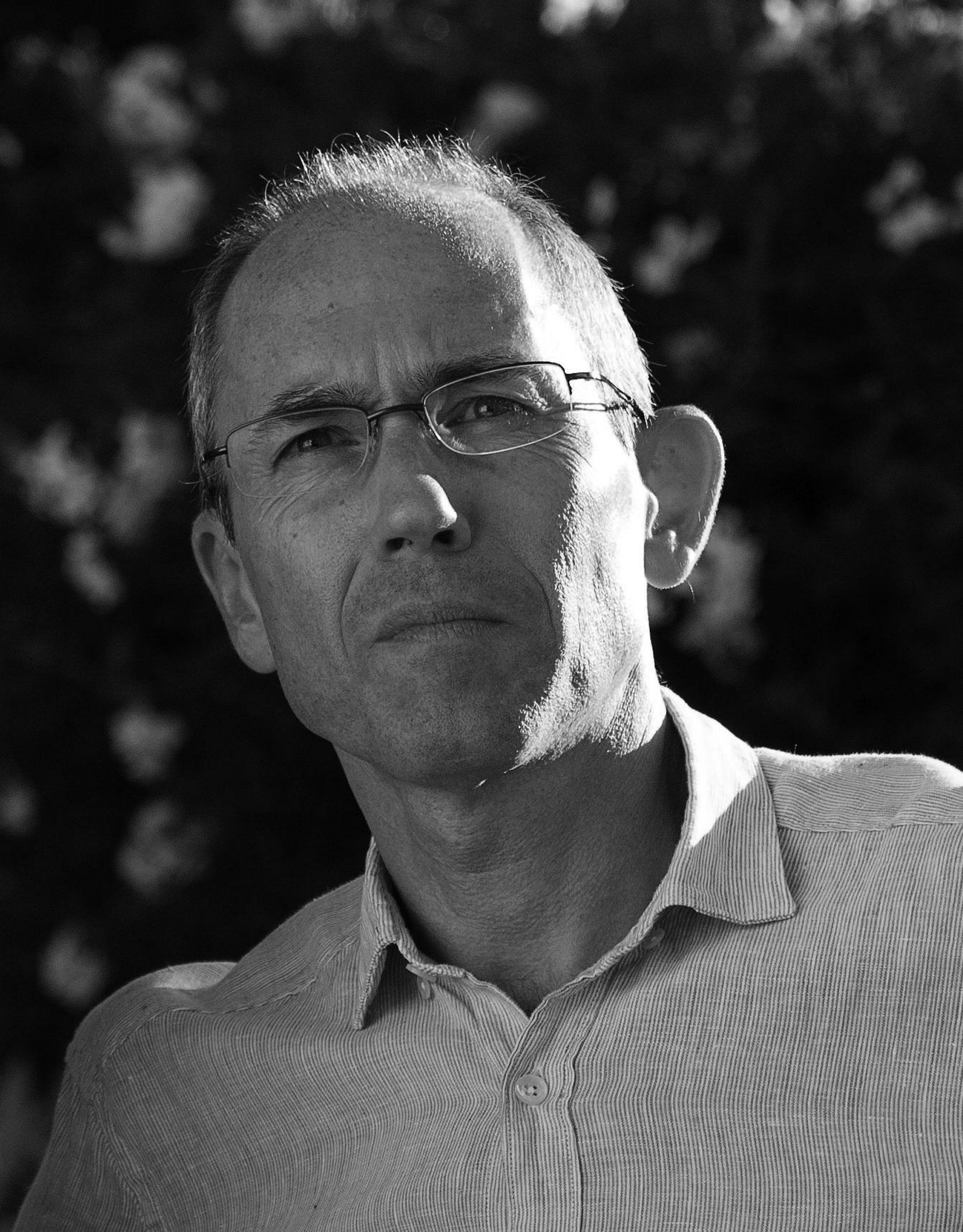Carles Escera graduated in Psychology at University of Barcelona in 1987, and after his PhD in 1993, he gained postdoctoral experience at the University of Helsinki (Finland) in 1993, 1994, 1996, 1999. He became Associate Professor in 1997, and Full Professor of Cognitive Neuroscience in 2010. He was visiting professor at the University of Bremen (Germany) and Fellow of the Hanse Wissenschaftskolleg in Delmenhorst (Germany) in 2004 and 2005. He has published over 130 papers in major journals in Psychology and Neurosciences (over 6500 citations; h index = 43). He has been the principal investigator of more than 30 research projects, including one from the Consolider-Ingenio 2010 program, and several from the FP4, FP5 and FP7, and the coordinator of an ERANET.NEURON project of the EU and a Marie Slodowska-Curie action of FP7. Currently, he is involved in an ERC Advanced-Grant in Archaeology (ARTSOUNDSCAPES) as the leader of two research lines (psychoacoustics and neuroscience).

Carles Escera
ICREA Acadèmia 2010 & 2015
Universitat de Barcelona · Social & Behavioural Sciences

Research interests
My research focuses on how the human brain builds up the auditory world around us to give rise to auditory perception. In particular, I am interested in how the brain models the implicit regularity in the acoustic environment supporting predictive perception, and more recently in how it encodes a particular type of sounds, those of speech, as critical prerequisite towards human communication. My approach is multimodal, including EEG, magnetoencephalography (MEG), structural and functional neuroimaging, and animal models. The results of my research support the emerging view that the subcortical auditory system has complex computation capabilities contributing to auditory cognition. My current projects address speech sounds acquisition in very young infants born normally or after clinical conditions challenging fetal development. Also, I inquiry how the acoustic environment where sounds are heard shapes the way these are perceived, eventually triggering altered states of consciousness.
Keywords
Psychology, cognitive neuroscience, attention, auditory perception, speech